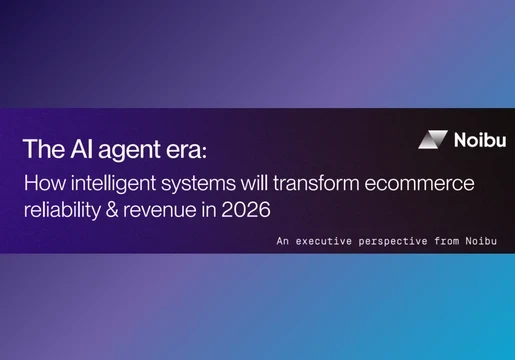After a year of challenge, renaissance and disappointment for the metaverse, professional services firm PwC has given insight into its future in the enterprise for 2023 and beyond.
The firm conducted a survey of over 50,000 US consumers and 1,000 business leaders from several different industries and made several predictions for the future of the metaverse based on the respondents' answers in its annual report.
The overall consensus was positive. According to the survey, 82% of executives expect virtual components to form part of their business activities within three years, whilst 66% of companies are actively engaged in implementing procedures.
This drive comes from recent advances in artificial intelligence (AI), the report noted, which will “make it possible even for those without technical experience to create immersive metaverse experiences”
PwC also predicted businesses to become the metaverse power users in 2023, despite much of the conversation surrounding virtual reality in 2022 being about consumer entertainment such as VR gaming, virtual experiences and shopping with cryptocurrencies.
The firm expected these activities to continue to grow, but said “business applications will take the lead” in 2023 as more and more companies simulate physical operations on the metaverse.

Businesses must adapt to harness the potential of the metaverse
Although PwC’s predictions for the metaverse were mostly positive, the firm highlighted the need for business leaders to align their initiatives with specific, measurable business outcomes for its utilities to be applicable in the workplace.
“Strategies should contain both a long-term vision, with designs for the future web3, and a practical path to invest in technologies, skills and use cases that can deliver specific business outcomes today” the report reads.
For this to happen, according to the report, executives must first put their trust in the Metaverse – something which the report highlights has been difficult due to the risk factors associated with the implementation of virtual tools.
“Our ability to ensure that both our data and customers’ data will be kept safe would have the greatest impact on our ability to operate successfully in the metaverse in the future,” one managing director from the professional services industry told interviewers.
Many of the implications related to the metaverse’s implementation in the workspace are still unfamiliar to businesses, thus the extent of their challenge on business operations remains unclear.
A bit hesitant in my first @Meta workspace meeting 🙄😂 #nextmse #mediacom #Oculus pic.twitter.com/zpFboRYGkt
— Eva Lundström (@elundstrom) April 7, 2022
According to PwC, businesses must define their business strategy and have full commitment to the metaverse to “work to anticipate customers’ desires for when a fully immersive metaverse becomes reality.”
“We need a true commitment from senior management and the board of directors for future metaverse success,” one CIO from the entertainment and media industry told interviewers.
Will 2023 be the right time for business leaders to invest in the metaverse?
PwC’s report concludes that companies adopting the metaverse early will capture the highest market share and gain lasting success from its components.
Paradoxically, however, it also states from the outset that the “ultimate version" of the metaverse (fully immersive, with seamless and secure transitions among a multitude of environments), does not yet exist.
It adds that although customers anticipate the metaverse’s success, only 9% of those interviewed said they currently use any of the existing advancements.
This lack of engagement demonstrates that the virtual reality tools still need time to evolve before they can be properly implemented into a company’s strategy.
Meta, previously known as Facebook, exemplifies this fact. The tech giant has continued to invest millions into the development of digital realms project, despite reported losses of over $3.6 million in Q3 of 2022 and the layoff of over 11,000 staff.
“The ecosystem is in the early stages of growth, requiring development for years to come to fulfil the vision of the metaverse and move beyond the macroeconomic downturn,” Jessica Berger, VP of innovation at Publicis Media, writes.
The metaverse remains young, and it may be a question of years before meaningful progress is made and it becomes financially viable for a business.







Comments ( 0 )